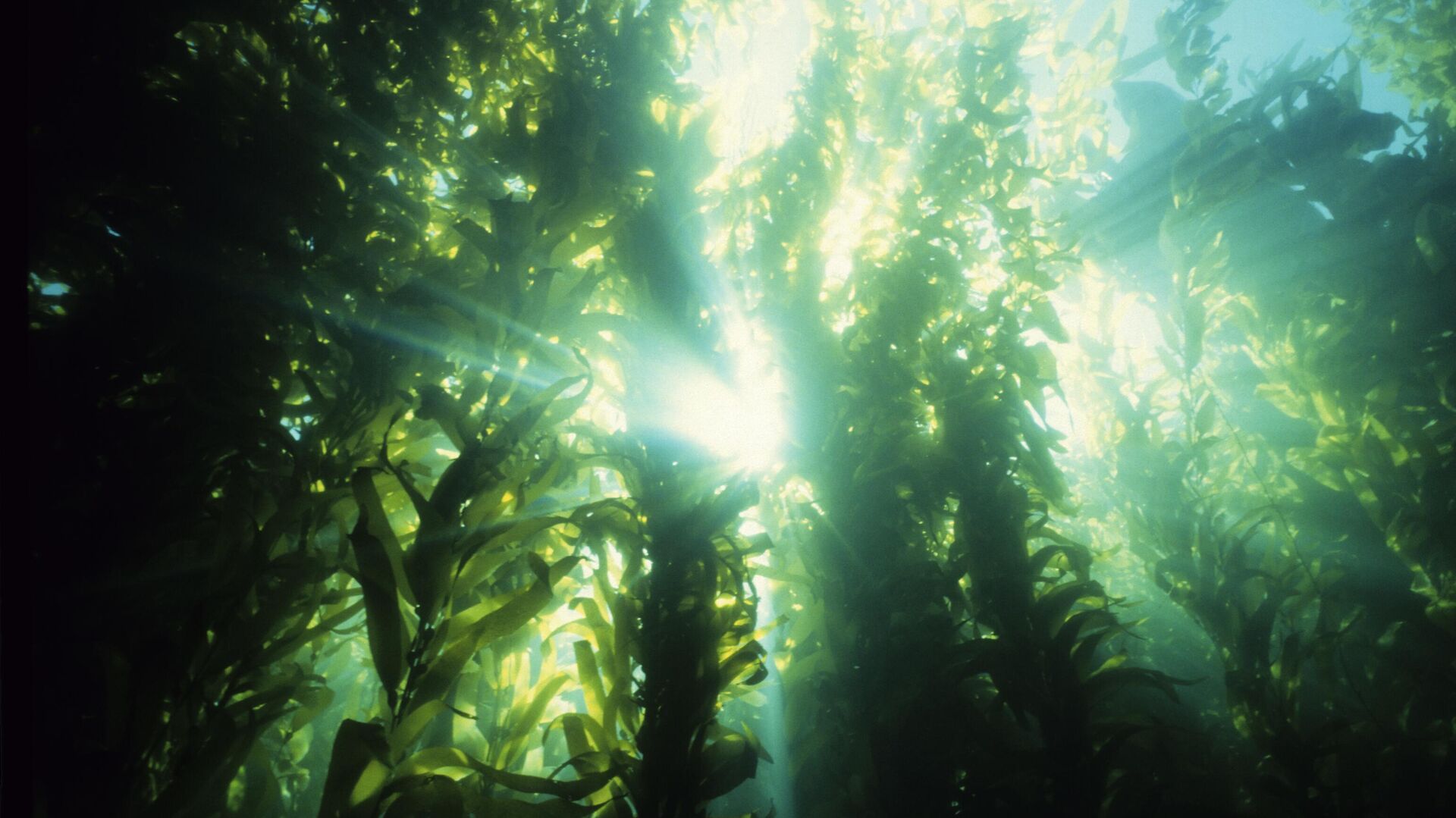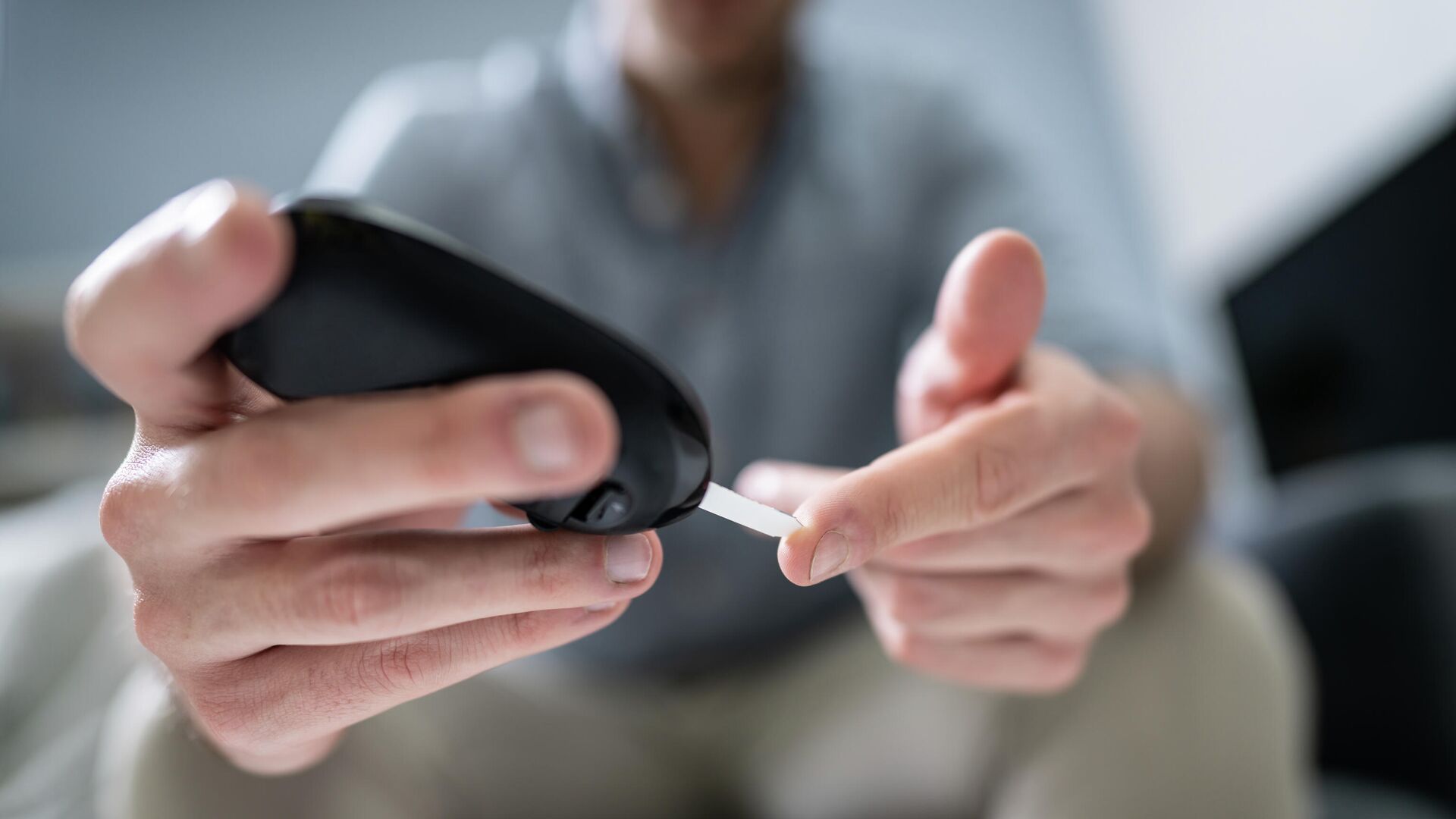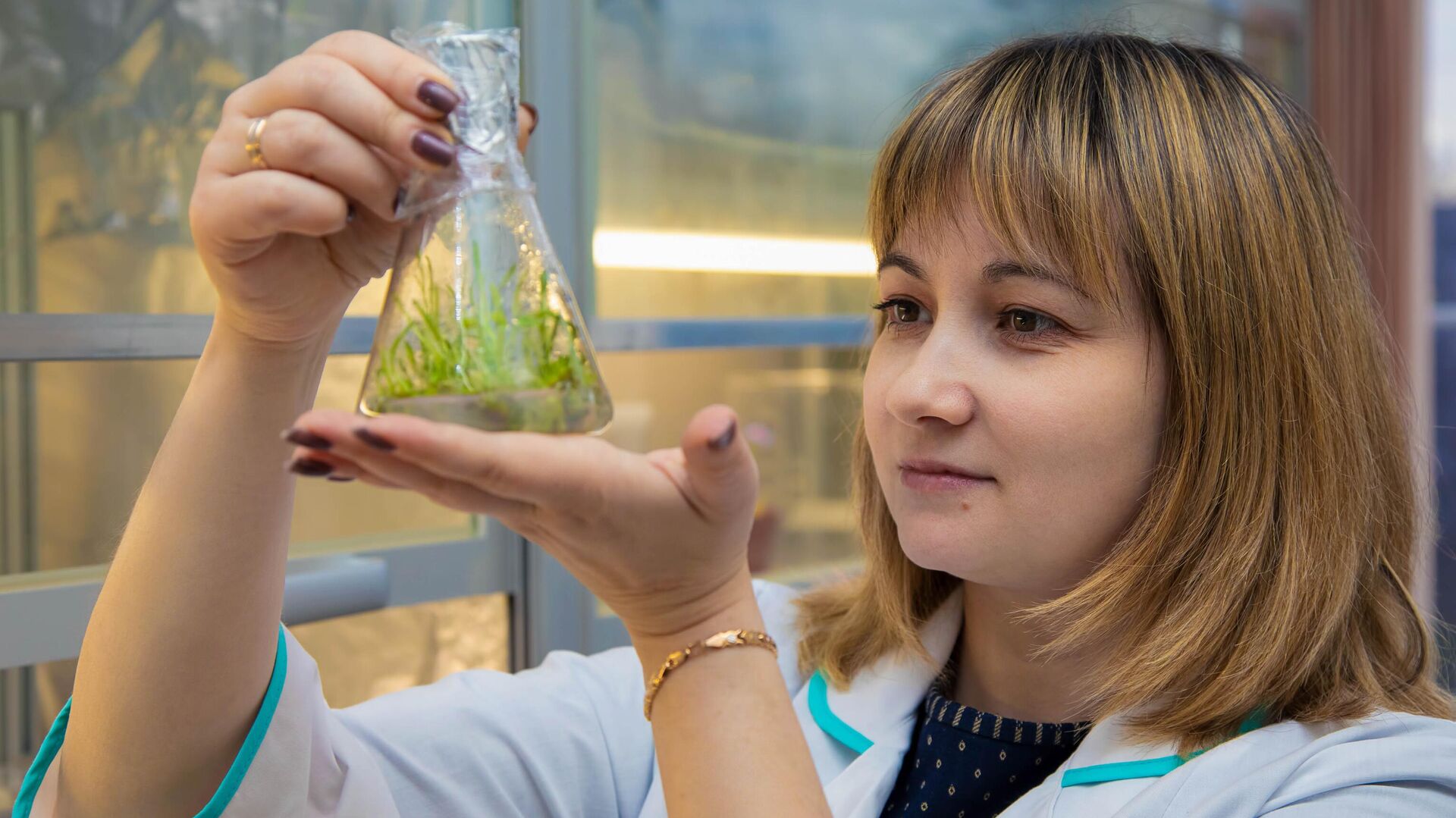
MOSCOW, April 25SUSU scientists have developed a new method for processing seaweed. According to the researchers, the new procedure for preparing this natural anticoagulant for use allows not only to preserve its beneficial health properties, but also to enhance some of them. The production of dietary supplements using the developed recommendations will make it possible to produce a useful component of the diet for people with vulnerable health. The results are presented in a number of scientific publications, for example in the Karbala International Journal of Modern Science.
Sea kale or kelp is a genus of sea brown algae common in some areas of the Sea of Japan and Okhotsk Sea. The salad of the same name is prepared from some species of these plants, and pharmaceutical and cosmetic preparations are produced from extracts, said specialists from South Ural State University (SUSU).
Today in cooking, kelp is used not only as an independent snack, but also as a component in dishes made from vegetables, legumes, meat and fish. Food containing seaweed in dry or boiled form is indicated for people with iodine deficiency in the body and is included in some dietary tables, scientists added.
This genus of brown algae is widely used in nutrition and medicine mainly because of its high iodine content, although its effect on the body is due not only to inorganic components, but also to natural polysaccharides, one of which is fucoidan, experts noted.
B The university explained that from the point of view of chemical structure, fucoidan is a sulfonated polysaccharide obtained from brown algae, which consists of fucose sugar molecules linked α-(1→2)-, α-(1→3)- and/or α -(1→4)-glycosidic bonds. In addition to kelp, it is found in the organisms of some echinoderms.
According to statistics, the content of this polysaccharide in seaweed reaches 25–30%. This substance has a wide spectrum of biological activity. According to scientists, the literature describes the antitumor, antibacterial, antiviral, anti-inflammatory and some other properties of fucoidans of different structures. The anticoagulant effect of fucoidans is especially noted: drugs based on them are used in cases where the use of heparin is ineffective.
Fucoidan has higher bioavailability than the parent polysaccharide due to its lower molecular weight. Such substances may be useful for people with special nutritional needs: the elderly, newborns or athletes. However, to preserve the special properties, it is necessary to use non-thermal methods of processing the raw material and its encapsulation, otherwise the saccharide chain is broken.
SUSU scientists have developed a new method for processing edible brown algae for the effective isolation of fucoidan from their biomass and its subsequent processing. Heat in technological processes for processing kelp is replaced by ultrasonic treatment, which not only preserves the integrity of the fucoidan molecule to the required extent, but also does not require large amounts of electricity.
«Acoustic cavitation caused by high-intensity low-frequency ultrasound results in short-lived hot spots, intense local heating of up to 5000 °C, pressures of 1000 atm and heating and cooling rates of more than 1000 °C/s. Acoustic cavitation can cause mechanical stress due to — for the rapid deflation of cavitation bubbles and the formation of free radicals caused by the dissociation of water,” said the co-author of the work, senior researcher at the Department of Food and Biotechnology of the SUSU Higher Medical and Biological School Bagale Uday Dasharath.
The scientist noted that the results showed that with such sonochemical treatment the molecular weight fucoidan is significantly reduced : 2.5 times relative to the traditional fucoidan extraction method.
“
"Antioxidant activity tests showed that ultrasonication significantly increased antioxidant activity (88.9% compared to the control process at 65.3 %). We also found that the ideal conditions for the decomposition of fucoidan should be a temperature of 33 ° C, an ultrasonic treatment time of 40 minutes and an ultrasonic treatment power of 102.5 W/cm2, respectively,” he explained.
Experts plan to develop based on a new process, a new dietary supplement both for people with special diets and for the prevention of non-communicable diseases in the entire population.


